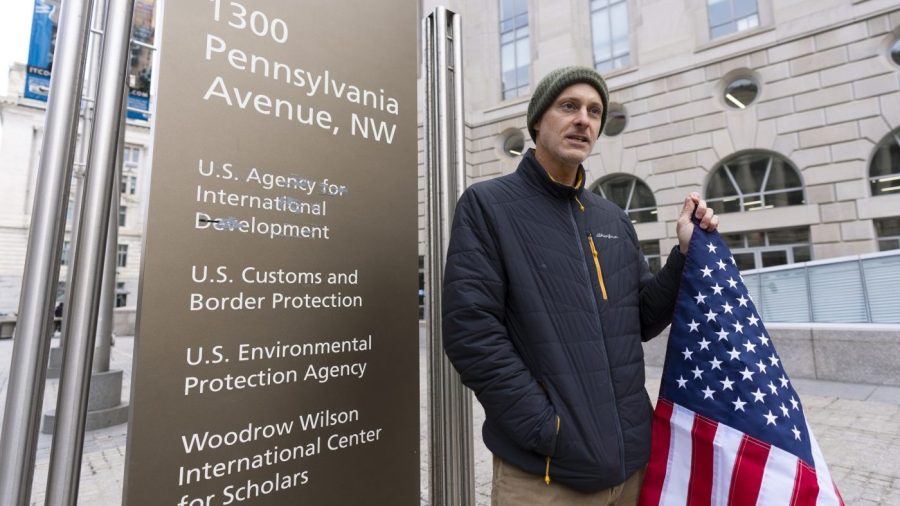The Destruction of USAID: A Turning Point in American Foreign Policy
Recent developments surrounding the U.S. Agency for International Development (USAID) have sparked significant concern among policymakers, experts, and international observers. The Trump administration’s actions toward USAID represent a major shift in U.S. foreign policy and development assistance strategy.
Key Developments
USAID operations frozen: The Trump administration has implemented a 90-day freeze on USAID’s foreign assistance programs.
Mass layoffs and furloughs: Thousands of USAID employees and contractors have been laid off or furloughed.
Leadership changes: Senior career officials at USAID have been removed or placed on administrative leave.
Digital presence eliminated: USAID’s website has gone offline, and its social media accounts have been deactivated.
Potential merger: There are indications that the administration may be considering merging USAID into the State Department.
Potential Impacts
Disruption of vital programs: The freeze and staff reductions are likely to interrupt critical development and humanitarian aid projects worldwide.
Geopolitical implications: The scaling back of U.S. development assistance could create opportunities for other global powers, such as China and Russia, to expand their influence.
Damage to U.S. soft power: The abrupt changes may harm America’s reputation as a reliable partner in international development.
Economic consequences: The disruption of USAID programs could have negative economic impacts on both recipient countries and U.S. interests abroad.
Why It’s Important
USAID has been a cornerstone of U.S. foreign policy since its establishment in 1961. The agency’s work in promoting economic development, democracy, and humanitarian assistance has been crucial in advancing U.S. interests and values globally. The current situation raises questions about the future of American leadership in international development and its commitment to supporting democratic values worldwide.
Background
USAID was established by President John F. Kennedy and later enshrined in law by Congress in 1998 as an independent agency. It has played a significant role in U.S. foreign policy, managing billions of dollars in foreign assistance annually.
Different Perspectives
Supporters of the administration’s actions argue that USAID has been inefficient and that a restructuring is necessary to align foreign assistance with current U.S. priorities. Critics, including many Democrats and some Republicans in Congress, contend that the administration’s actions are damaging to U.S. interests and may be illegal without proper congressional approval.
Conclusion
The ongoing situation with USAID represents a significant shift in U.S. foreign policy. As events continue to unfold, it will be crucial to monitor the long-term impacts on international development, U.S. soft power, and global geopolitics.









